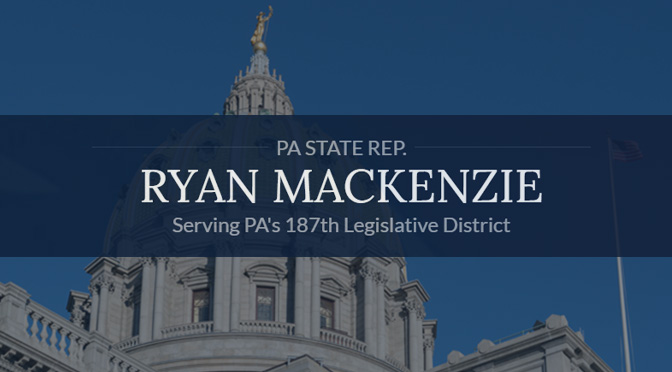|
|
As Americans grapple with a 20% increase in overall prices since President Joe Biden took office, it is clear his administration’s economic policies have ushered in higher prices, leading to higher prices for everyone. Gas prices have soared by 55%, airfare has jumped nearly 40%, electricity costs are up 29%, and rent and grocery prices have surged by 21%. Perhaps most alarmingly, the monthly mortgage payment on a median-priced home has skyrocketed by a staggering 119%.
The actual Consumer Price Index has reached an all-time high, repeatedly underscoring the cumulative effects of these price hikes during Biden’s tenure. Despite the administration’s attempts to downplay the situation, the year-over-year inflation rate held steady at 3.4% in May—unchanged from the previous month and significantly above the Federal Reserve’s target rate. This persistent inflation is a direct consequence of misguided federal policies.
These rising costs have not occurred in a vacuum. The Biden administration’s approach has exacerbated the financial burdens on American families. From the reckless spending of massive stimulus packages to regulatory overreach that stifles economic growth, federal government policies have contributed to the ongoing inflation crisis. The result is a diminished purchasing power for everyday Americans, making it harder for many families to afford basic necessities.
The impact of these price increases is deeply felt in Pennsylvania. Hardworking families are struggling to make ends meet as their paychecks fail to keep up with rising costs. However, there is hope. Government initiatives on the state level can provide some relief and help mitigate the impact of federal mismanagement.
One such initiative is Senate Bill 269, which proposes to reduce the Commonwealth’s Personal Income Tax rate from 3.07% to 2.8%. This tax cut would put more money back into the pockets of Pennsylvania residents, offering immediate financial relief. Additionally, the bill seeks to eliminate the Gross Receipts Tax on energy, effective Jan. 1, 2025, addressing one of the critical areas where costs have surged. By reducing the tax burden on energy, we can help lessen the strain high energy costs have placed on household budgets.
Moreover, the Pennsylvania Family Tax Relief Plan I unveiled last year aims to further support families during these inflationary times. My legislative package includes proposals to cut state taxes on essential items such as children’s books, toys, cribs, and strollers. By reducing the cost of these necessities, we can ease the financial burden on young families.
Another significant development in the fight against the rising cost of living is the enhancement of the Child and Dependent Care Tax Credit included in the 2023-24 state budget. This proposal, which I championed, has already benefited about 200,000 families across the Commonwealth, providing much-needed tax savings. These measures are vital steps toward ensuring all Pennsylvanians have the support they need to navigate these challenging economic times.
However, not all legislative actions would be beneficial. House Democrats are advancing a bill that would raise the prevailing wage on projects supported by public funding, including affordable housing projects. At a time when we desperately need more affordable housing in Pennsylvania, this bill could actually reduce the number of such projects, worsening the housing crisis. It is important to recognize failed federal policies have already driven up housing costs, and additional state-level obstacles will only compound the situation.
By reducing taxes and supporting essential services, we can help mitigate the impact of inflation and support Pennsylvania families and individuals. It is imperative we continue to pursue policies that alleviate financial burdens and promote economic stability, rather than aggravating the challenges faced by our communities.





